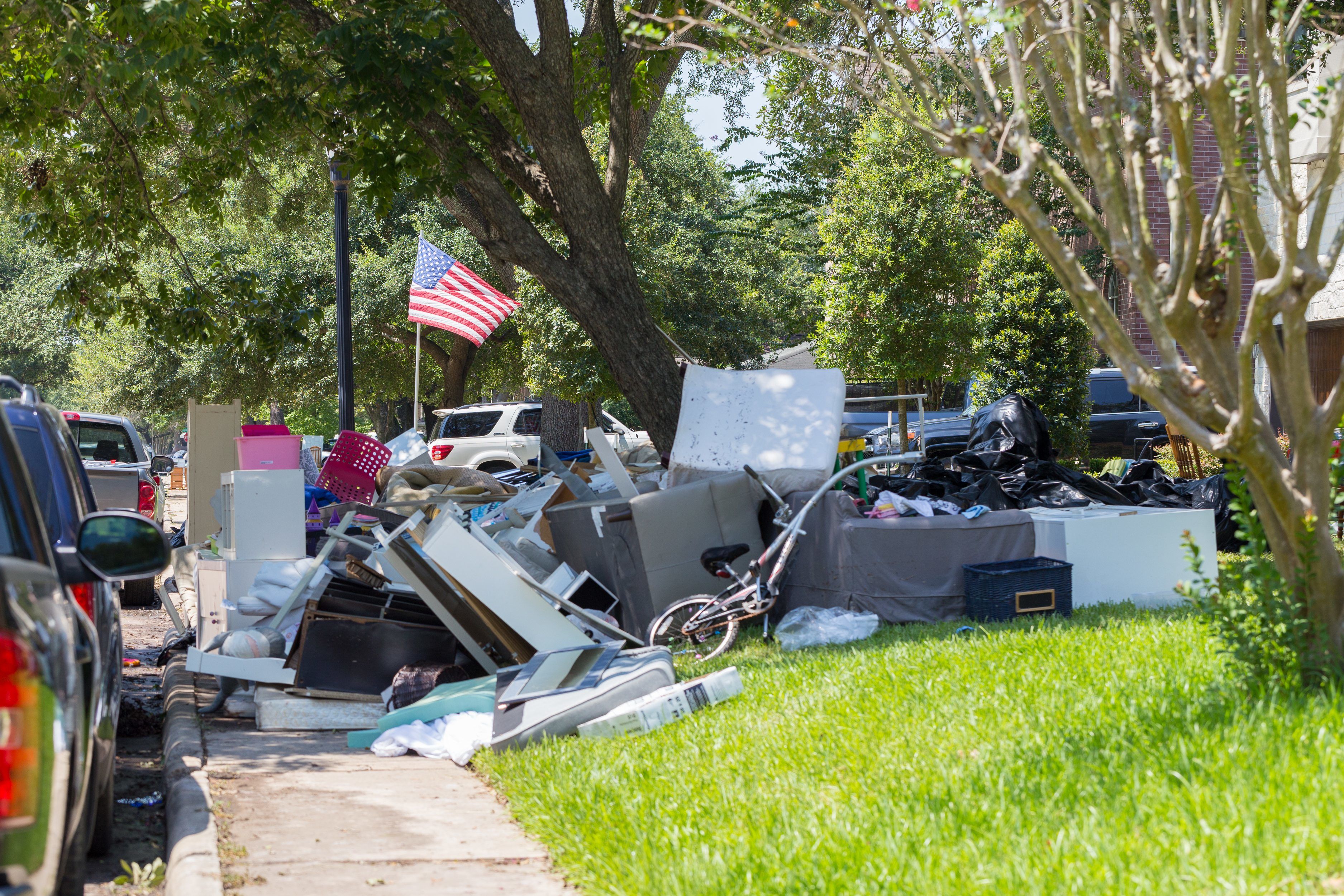We are now over a month past Hurricane Irma. While it certainly could have been significantly worse for Southwest Florida, many community associations are still working through a variety of difficult issues, including processing insurance claims, continuing clean-up, and property restoration. While immediate attention must be paid to those issues, now is also a good time for associations to work on developing disaster preparedness and response plans for the future, or refining current plans based on what has been learned from this hurricane.
The steps that community associations can take to prepare for major casualties such as hurricanes, tornados, and fires, include review of what coverage is actually provided by your insurance policies, consideration of having flood insurance, and preparation of disaster preparedness and response plans. Now is the time. I have found that when years go by with no major hurricanes, people tend to lose focus on the importance of good planning. Human nature, I guess.
Section 718.111(11)(d) of the Florida Condominium Act requires a condominium association to use its best efforts to obtain and maintain “adequate insurance” to protect the association, the association property, the common elements, and the condominium property. The condominium statute does not specifically require flood insurance. In fact, the law states that a condominium association “may also obtain … flood insurance,” implying that flood insurance is permissive, rather than legally required.
For condominiums located within designated flood hazard areas, flood insurance could be considered mandatory by the “adequate” insurance requirement of the statute. If flood damage occurs, not only the structure of the building may be damaged, but the electrical system, plumbing, and other utilities may have to be replaced in their entirety. In a high rise condominium building, unit owners on higher floors often forget that they also own a share of the lower floors. Further, windstorm insurance does not cover damage due to flooding, and vice versa. This could result in associations being underinsured in the event of damage due to both wind and flood. Further, a high percentage of flood claims occur outside of flood zones, so every association should take a hard look at this issue.
The Florida Homeowners’ Association Act, Chapter 720 of the Florida Statutes, imposes almost no insurance requirements on homeowners’ associations. The scope of required coverage and types of insurance required will be dictated solely by the governing documents. For attached structures, such as townhouses or villas, the difference between good and bad documents can mean the difference between financial success and disaster. Talk to your insurance agent and attorney to make sure the documents actually say what you want them to say, and are consistent with how you are insuring.
Associations should develop guidelines as to what actions will be done both before and after a disaster occurs. Before a disaster, associations should ensure that important documents such as insurance policies and association records are secured in a safe place, including having such documents on-line, designating an out of state contact for the association, and taking photographs and videos to document property conditions for insurance purposes.
After a disaster occurs, associations should rely on established relationships with contractors to perform emergency repairs. Associations should assemble a list of post-disaster contacts such as board members, management, attorneys, engineers, insurance agents, insurance adjusters, and so forth. There are, unfortunately, some opportunists and charlatans who chase these storms.
Associations should develop a program to keep owners informed regarding the status of association matters, for instance by email updates or posting on a website. Many association-owner disputes arise from these events. Some could be avoided with a little communication.
Hopefully, it will be a long time before we have to deal with these issues again. However, we certainly cannot count on it and should let Irma serve as a wake-up call that an ounce of prevention is often worth a pound of cure.
Joe Adams is an attorney with Becker & Poliakoff, P.A., Fort Myers. Send questions to Joe Adams by e-mail to jadams@bplegal.com. Past editions may be viewed at floridacondohoalawblog.com
chapter 720Disaster PreparednessFloodingFlorida StatuteHurricaneIrma





Recent Comments